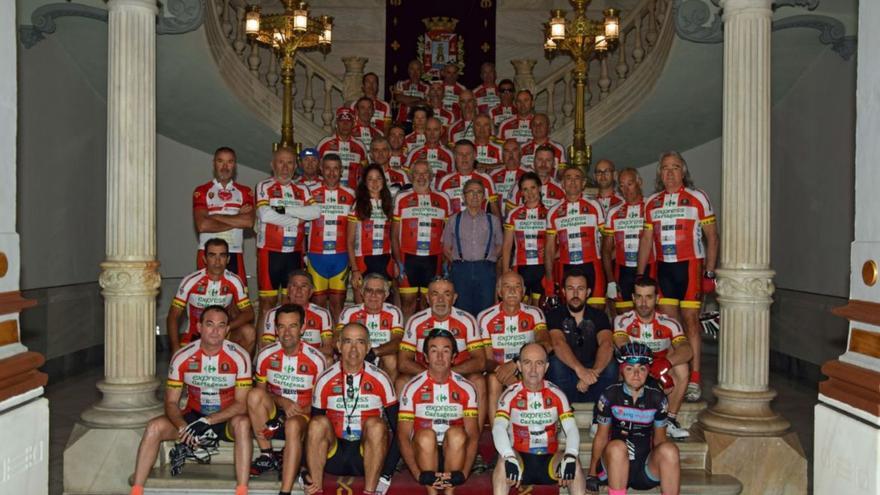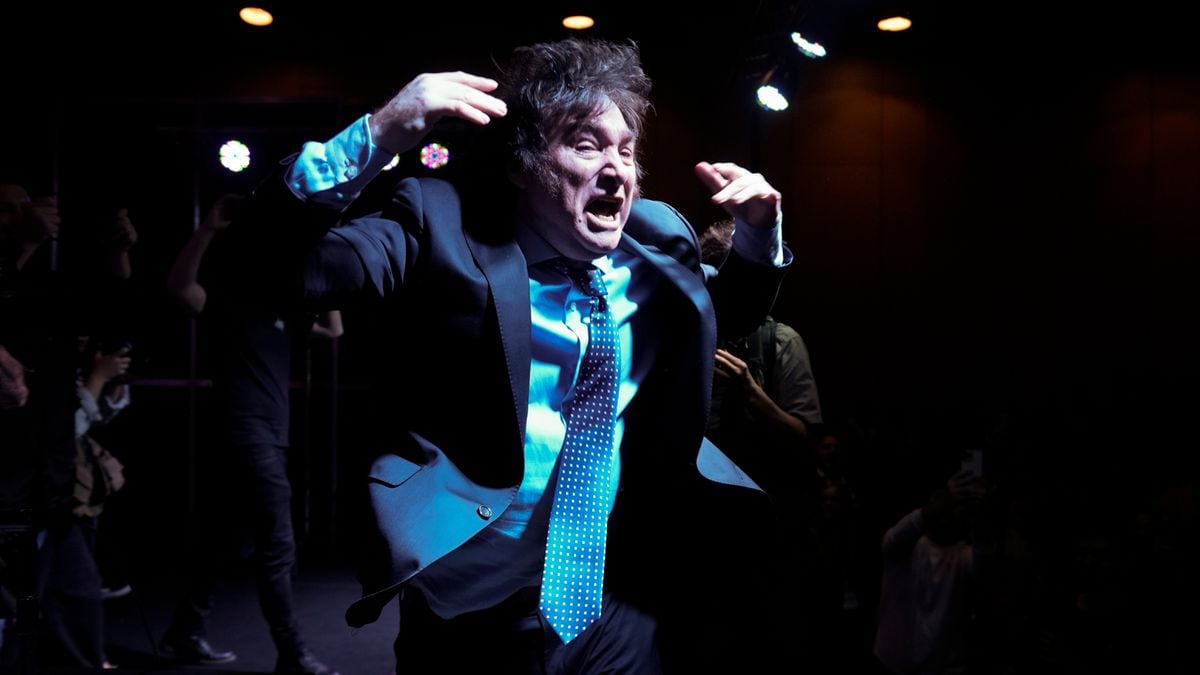
View “Pasteur’s Guide to Little Friends”. EFE / Video capture This was mentioned during the presentation of the book by Daniela Hirschfeld, responsible for IP communication in Montevideo, who emphasized that the book poses the challenge of “turning knowledge into a game”, all this “in simple language” that young people – ages 6-13 years old – use both at home and in the classroom. Data: Responsible for contacting the intellectual property of Montevideo Daniela Hirschfeld
Through crossword puzzles, riddles and word searches, among other games, the Pasteur Institute (IP) of Montevideo presented Thursday at its headquarters in the capital the “Little Pasteur Friends Game Book” to bring children and adolescents closer to science.
This came during the presentation of the book, Daniela Hirschfeld, responsible for communication at the Montevideo IP, who confirmed that the book poses the challenge of “turning knowledge into a game”, all this “in simple language” that young people – between 6 and 13 years old – can use it at home and in the classroom scholastic.
Hirschfeld, who was responsible for adapting and designing the games to make them attractive to young children, noted that in a playful and informative way, “youngsters play, for example, to discover the differences between cells in order to be able to calculate what makes each component of a cell.”
For his part, Uruguayan video game developer Gonzalo Frasca said: “Learning should be driven by something exciting. Children are more interested in Pokemon than categorizing vertebrates.”
Set “challenges” through games, challenges that are “neither too easy nor too hard”, a technique being applied in Norway, where Frasca has collaborated on books of this type.
“You can’t learn without feelings, and what the game suggests is experiencing feelings,” the video game developer emphasized.
In addition to children and teens, the book is also aimed at parents and educators to provide them with another tool for bringing youngsters closer to the world of science through the different challenges posed by the twenty-four games that appear in its fifty pages.
This initiative is non-profit and all proceeds will go to reprinting and supplying academic materials for various educational projects.
EFE
(All rights reserved. Reproduction prohibited)





